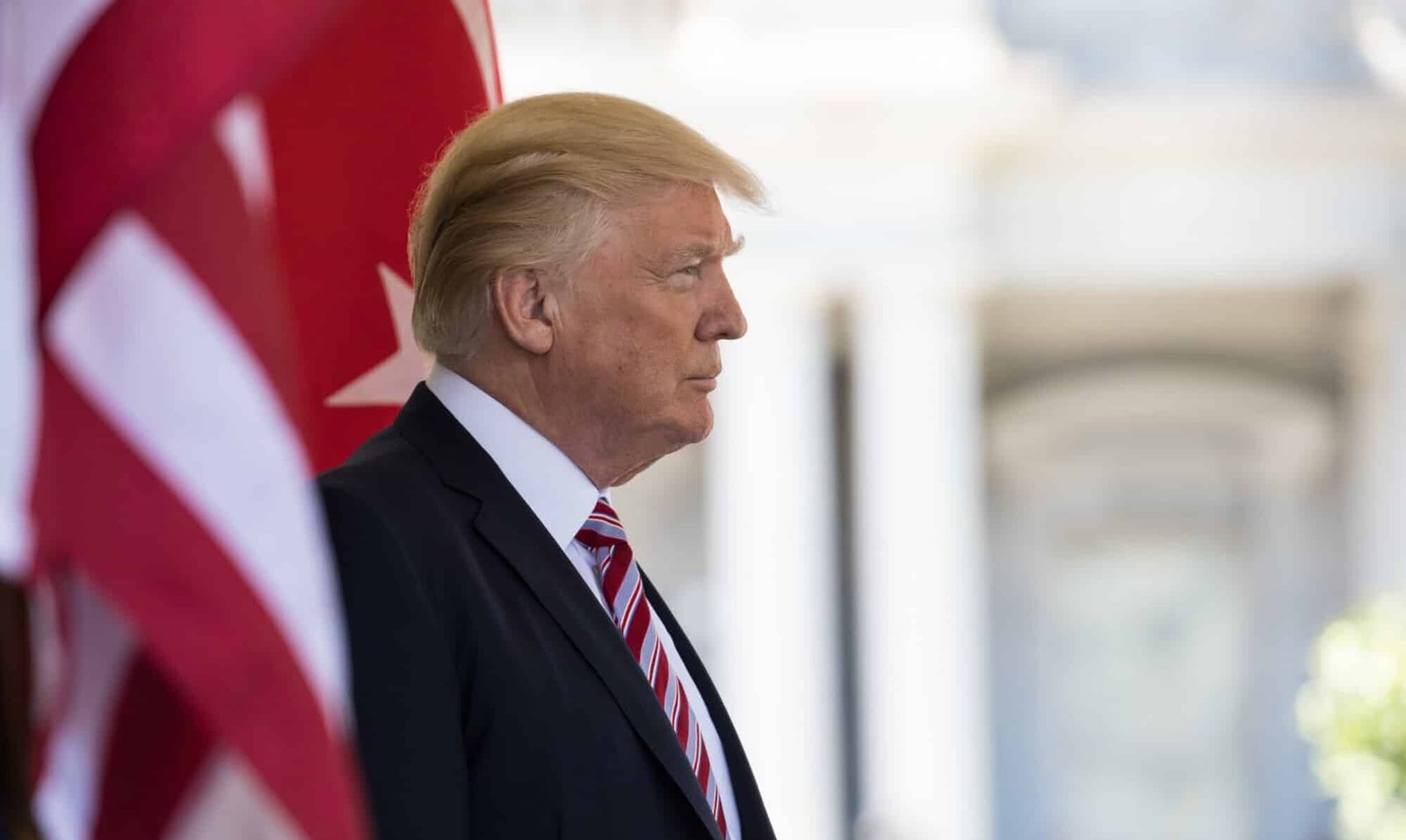Nearly a month into Donald Trump’s second term as U.S. President, we are beginning to see the contours of his foreign policy in the Middle East. Having campaigned on a promise to prioritize American interests, Trump pledged to reduce—if not end—U.S. involvement in regions that do not directly serve national security.
The most visible expression of this policy may soon materialize in Europe, where Washington is reportedly considering troop withdrawals, signaling a potential shift away from its decades-old commitment to European security.
Simultaneously, the administration is intensifying efforts to curb China’s rise as a global superpower. This shift is evident in policy moves that challenge previous U.S. stances, such as steps toward recognizing Taiwanese independence, imposing high tariffs on Chinese imports, and increasing rhetoric from the Defense Department emphasizing the Asia-Pacific as a strategic priority.
In the Middle East, Trump’s second term appears focused on recalibrating power dynamics. The administration is reinforcing its support for Israel, deepening economic ties with Saudi Arabia and the Gulf states, and ramping up diplomatic and economic pressure on Iran. However, what stands out is not just Washington’s broader strategy but its decision to sideline Turkey.
Ankara had anticipated that a second Trump term would bring a renewed spirit of cooperation between the two NATO allies. Instead, emerging developments suggest that Washington no longer views Turkey as a reliable regional partner—a reality that should come as no surprise. Since at least 2016, Turkey has consistently pursued policies that undermine Western and U.S. interests in the region.
The clearest indication of Turkey’s growing isolation comes from Secretary of State Marco Rubio’s recent diplomatic engagements in the Middle East. Trump’s regional priorities appear to center on three key objectives: expanding the India-Middle East-Europe Economic Corridor (IMEC), strengthening relations with Saudi Arabia and the Gulf states, and bolstering U.S.-Israeli ties. Notably absent from these plans is any meaningful role for Turkey. Rubio appears to prefer working with Saudi Arabia and the UAE, particularly in countering the remnants of Hamas and preventing the rise of Islamist regimes.
Syria serves as a prime example of this shift. While Turkey played a critical role in the downfall of the Assad regime and backed the successor government led by Hayat Tahrir al-Sham (HTS) and Ahmed al-Sharaa, its approach has not aligned with U.S. interests.
While some Arab nations have cautiously engaged with al-Sharaa, they remain wary of HTS’s alleged past links to Al Qaeda and ISIS. Saudi Arabia and other regional players may attempt to influence post-Assad Syria with financial incentives to ensure it does not become an Islamist state—an effort the U.S. seems willing to outsource to its Arab allies, given Trump’s reluctance to involve America directly in Syria.
However, Turkey’s biggest stumbling block in Washington is its stance on Israel. For years, President Recep Tayyip Erdogan has systematically dismantled Turkey’s once-strong military, economic, and security ties with Israel.
The breaking point came after the October 7, 2023, Hamas terror attacks, when Erdogan emerged as Hamas’s most vocal global supporter. Turkey provided Hamas with a base of operations, facilitated public rallies, and allowed fundraising and planning activities within its borders. Erdogan even declared a National Day of Mourning following the death of Hamas leader Ismail Haniyeh.
Rubio and other U.S. policymakers are well aware of Turkey’s role in undermining Washington’s closest ally in the region. In a recent meeting with a senior U.S. delegation, Israeli Foreign Minister Gideon Sa’ar warned of intensified Iranian efforts to smuggle funds to Hezbollah through Turkey. Media reports accuse Turkish nationals of being couriers, flying from Istanbul to Beirut to deliver financial aid to the Iranian-backed terror group, Hezbollah. If these reports are accurate, they further reinforce the perception that Ankara is actively assisting Iran in bolstering Hezbollah’s operations against Israel.
Given this context, Turkey’s marginalization under the Trump administration should come as no surprise—least of all to Erdogan. As the leader of a NATO country, Erdogan made a deliberate choice to embrace and champion groups like Hamas and Hezbollah.
From the outset of Israel’s war against Hamas, he had the opportunity to condemn Islamist terrorism and stand with Israel. Instead, he chose the opposite path. Consequently, Turkey is unlikely to play any role in the reconstruction of Gaza—a direct result of its own policy decisions.
That said, Turkey remains deeply involved in Syria and could still play a significant role in shaping the country’s future. Erdogan has an opportunity to cooperate with Saudi Arabia and the UAE to ensure Damascus is governed inclusively. However, if he leverages his influence over HTS to push an Islamist agenda, he will only validate Rubio’s concerns about Turkey’s role in the region.
It remains too early to predict the full consequences of these shifting alliances, but Erdogan’s track record suggests that he will continue to pursue policies that put him at odds with Washington. For now, Turkey finds itself sidelined—an outcome it has largely brought upon itself.
Sinan Ciddi is a non-resident senior fellow at FDD and an expert on Turkish politics. He is also an Associate Professor of National Security Studies at Marine Corps University (MCU). Prior to joining MCU, Sinan was the Executive Director of the Institute of Turkish Studies, based at Georgetown University (2011-2020). He continues to serve as an Adjunct Associate Professor at Georgetown University’s School of Foreign Service. Sinan is the author of Kemalism in Turkish Politics: The Republican People’s Party: Secularism and Nationalism (Routledge, January 2009) a book which explains the electoral weakness of Turkey’s main opposition Republican People’s Party. He obtained his Ph.D. from the School of Oriental and African Studies, University of London in 2007 in the field of Political Science.
